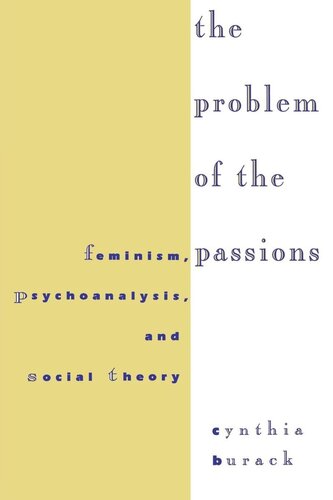

Most ebook files are in PDF format, so you can easily read them using various software such as Foxit Reader or directly on the Google Chrome browser.
Some ebook files are released by publishers in other formats such as .awz, .mobi, .epub, .fb2, etc. You may need to install specific software to read these formats on mobile/PC, such as Calibre.
Please read the tutorial at this link: https://ebookbell.com/faq
We offer FREE conversion to the popular formats you request; however, this may take some time. Therefore, right after payment, please email us, and we will try to provide the service as quickly as possible.
For some exceptional file formats or broken links (if any), please refrain from opening any disputes. Instead, email us first, and we will try to assist within a maximum of 6 hours.
EbookBell Team

5.0
40 reviewsWomen, says conventional wisdom, are warm, nurturing caregivers with an intrinsically enhanced capacity for attachment and compassion. Feminists, says the popular image, are full of rage, devoid of the feelings that are natural to women. How have feminists themselves dealt with this dualism and, more specifically, with the disagreeable passions?
What has too often been missing from discussions of women's psychology in social theory is an account of women as ambivalent: both empathic and enraged, loving and hating. The Problem of the Passions fills this void. Examining the work of such feminist theorists as Carol Gilligan, Nancy Chodorow, Jessica Benjamin, and Dorothy Dinnerstein in a new light, Burack argues that feminist social theory can be repaired through attention to the pioneering psychoanalytic work of Melanie Klein. Sure to be of interest to feminists, psychoanalysts, political scientists, and social theorists, The Problem of the Passions is essential reading for anyone concerned with feminism and questions of identity in social thought.